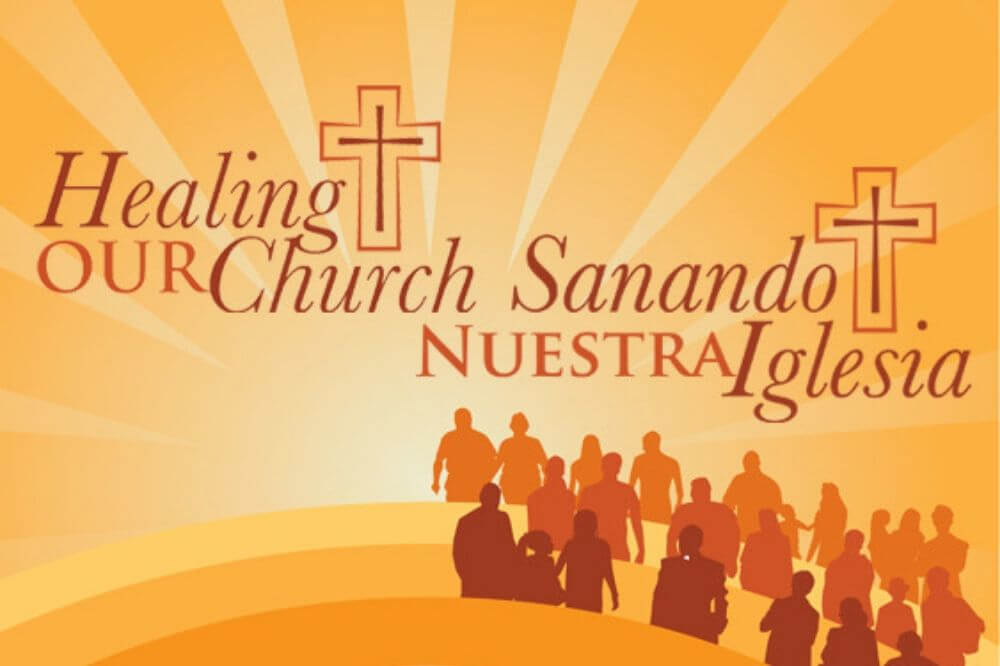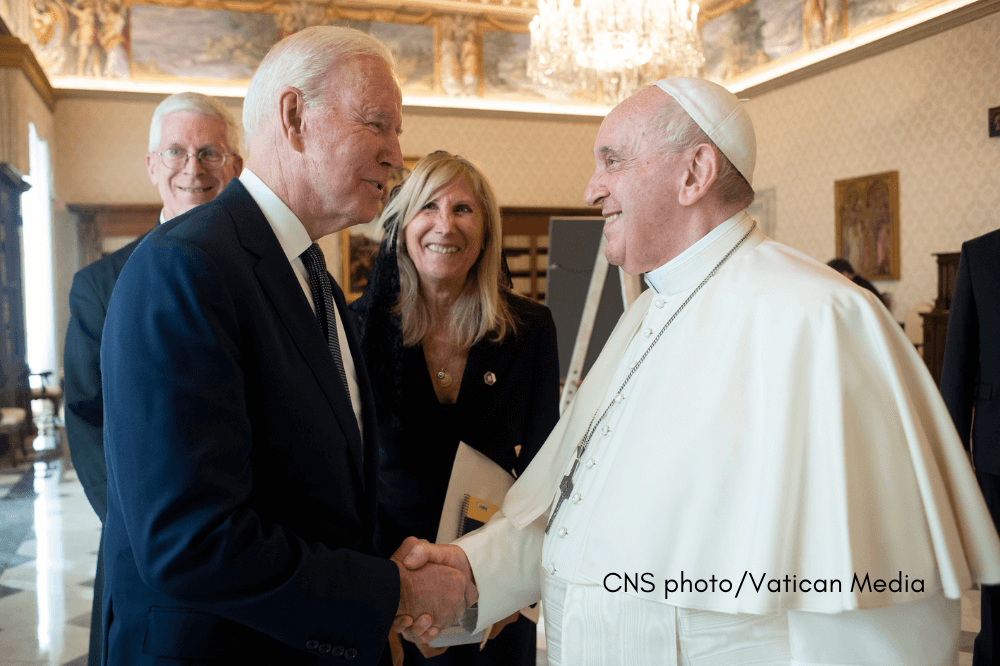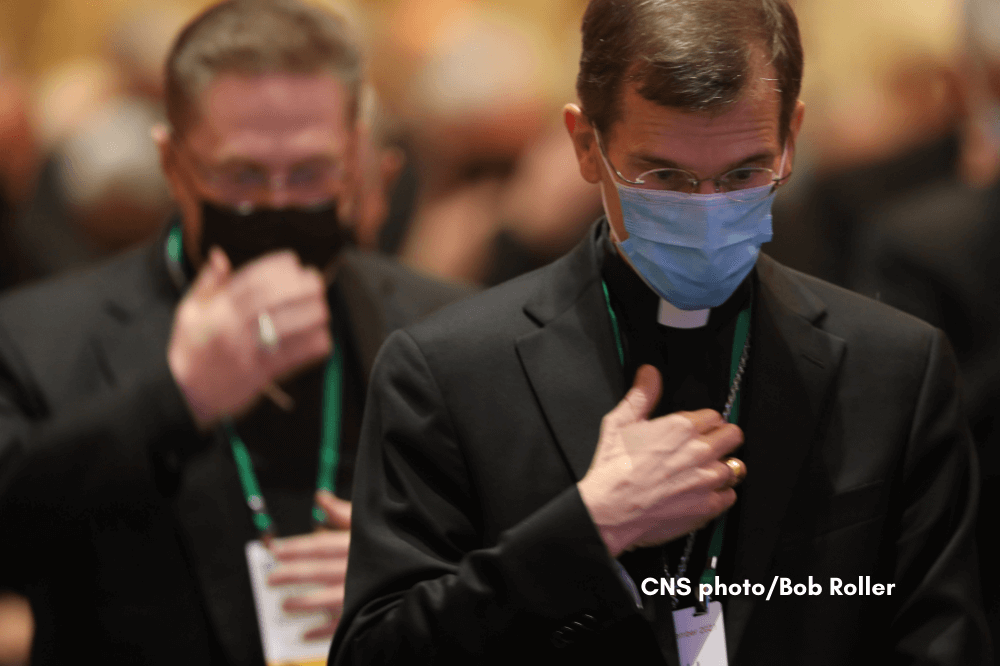
In a letter marking the conclusion of the Healing Our Church process, Bishop Walkowiak invited participants to become a part of the renewal of a Church “deeply wounded” by the sexual abuse of minors by clergy.
“Each of us has a role to play in the ongoing healing and transformation of our Church,” he wrote. “Each of us has a share in this responsibility. Each of us has a gift to give for the general well-being of God’s flock.”
Healing Our Church, a lay-led process offered by the diocese through RENEW International, provided an opportunity for Catholics discouraged or angered by the sex abuse scandal to meet in small groups and submit questions to Bishop Walkowiak about the Church’s response.
Bishop Walkowiak answered all questions submitted in a diocesan report. Topics included accountability and transparency, policies and procedures, seminaries and priestly formation, priests accused of abuse, diocesan and universal Church issues, communication, finances, and victim assistance.
Read the full diocesan report at/Lea el informe diocesano completo en: (English | Español)
The process began in June 2019, with most parishes’ small-group sessions concluding in November of that year. Listening sessions with Bishop Walkowiak, which were a follow-up to the small-group sessions, had to be postponed until this past September because of pandemic restrictions.
In his letter, Bishop Walkowiak apologized to victim-survivors. He thanked those who participated in Healing Our Church. “For the first time in years,” he wrote, “many of you are feeling a deeper sense of faith and relationship with Christ and His Church. The task and burden to heal our Church remain great, but with the strength of the Holy Spirit and the love of Christ the Divine Physician, we can move forward.”
Protecting God’s Children:
To learn more about safe environment practices in the diocese, click here.
Report Abuse:
Any person who suspects the sexual abuse of a minor by a member of the clergy or by any person acting in the name of the Catholic Church is urged to make a formal complaint to the Michigan Attorney General’s Hotline at 844-324-3374.
To contact the victim assistance coordinator for the Diocese of Grand Rapids, call 616-840-2079 or email [email protected]. Learn more.



